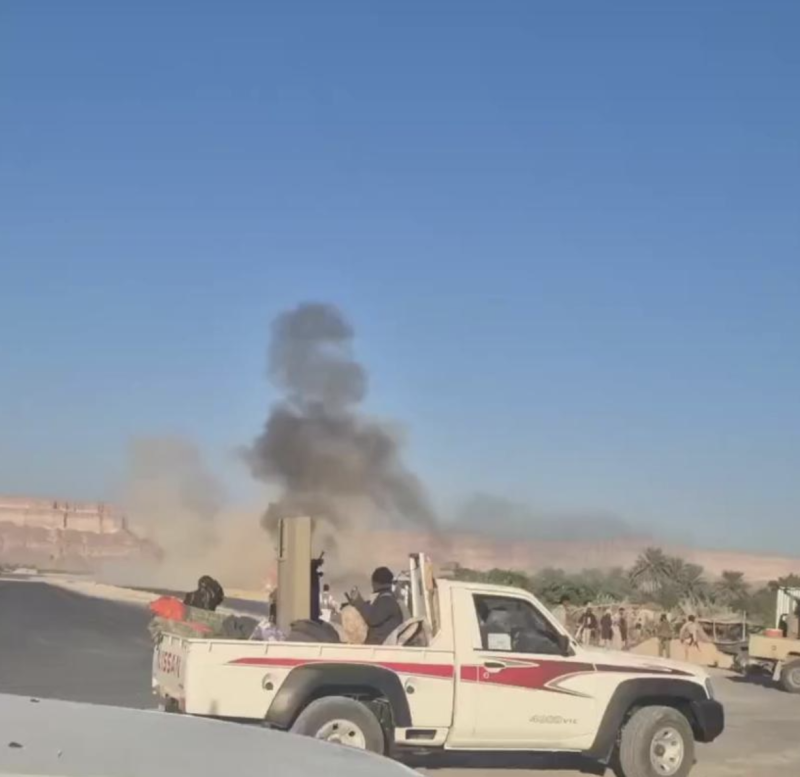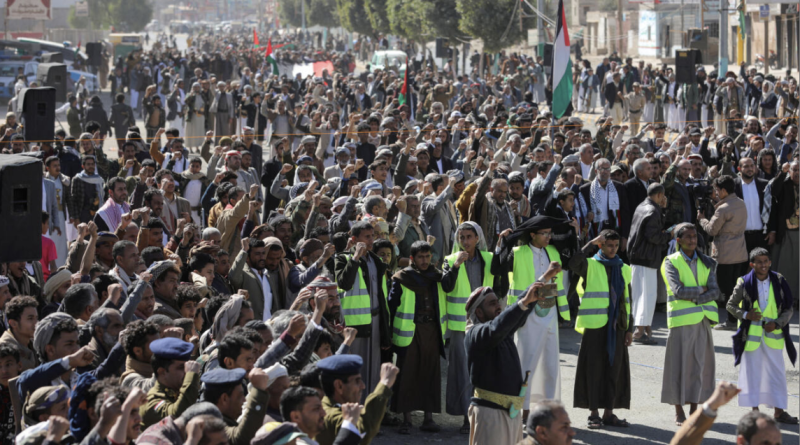Yemen gov't adopts measures to deal with the designation of Al-Houthi as a "terrorist group"


Yemeni cabinet said Today, Thursday, that it had adopted a number of executive procedures and programs for rebuilding ministerial plans to deal with new changes in light of the decision to classify the Houthi coup militia as a terrorist group.
A statement issued by the council meeting in the temporary capital, Aden, stated that the new executive procedures and programs include rebuilding ministerial plans to meet the needs of the phase and its political, military, security, economic and humanitarian entitlements, according to recent developments, taking into account the continuation of implementing the reform track and improving the level of services provided to citizens.
The Yemeni Cabinet also approved the preparation of a strategy according to well-studied mechanisms to ensure that the decision to classify the Houthi militia as a terrorist group does not affect commercial activity, the national private sector, and the smooth flow of foodstuffs and commodities, in a manner that preserves the lives and lives of citizens in the areas under the control of the terrorist militia.
The Yemeni Prime Minister, Maeen Abdul-Malik, directed the immediate start of implementing the ministerial plans approved in accordance with the requirements of the new phase, and focusing on completing the restoration of the state and ending the Iranian-backed Houthi coup.
He pointed to the results of his meeting with the European Union mission and the ambassadors of a number of European Union countries accredited to Yemen, and the clear vision that the international community has in the intransigence of the Houthi militia and its rejection of all efforts to extend the humanitarian truce and a political solution.
The Yemeni Prime Minister referred to the government's firm position on peace efforts under the roof of the three references to a locally agreed and internationally supported political solution, and its keenness to renew the truce and to agree to the proposal of the UN envoy, which was rejected by the terrorist Houthi militia and the targeting of the ports of Al-Dhaba and Al-Nashima in Hadramout and Shabwa governorates.
He stressed that the Houthis' continuous threats to national economic facilities and civilian infrastructure in Yemen and neighboring countries will be dealt with firmly to protect the capabilities of the Yemeni people, international navigation, and global energy stability.
He also renewed the call for the international community to prevent the Iranian regime's interference in Yemen's internal affairs, and to oblige it to implement international resolutions prohibiting granting arms to its terrorist militias in Yemen, and supporting them with money and the media.
The Yemeni Cabinet affirmed keenness to coordinate with Yemen's partners in combating terrorism to implement all measures aimed at protecting international navigation.
He praised the high readiness of the armed and security forces and the Yemeni people to complete the restoration of the state and end the Houthi coup, and to stand as an impenetrable dam against the illusions of this terrorist militia and its supporters in Tehran.

Hadramout –Several areas of Hadramout governorate have witnessed rapidly escalating security developments since yesterday, amid clashes and a…

Aden -- Saudi warplanes on Friday carried out airstrikes on military sites affiliated with the Southern Transitional Council (STC) in Yemen's south…

Sana'a -- The Houthi militias in Sana’a, Yemen, announced the death of several of their military commanders, without disclosing the location…